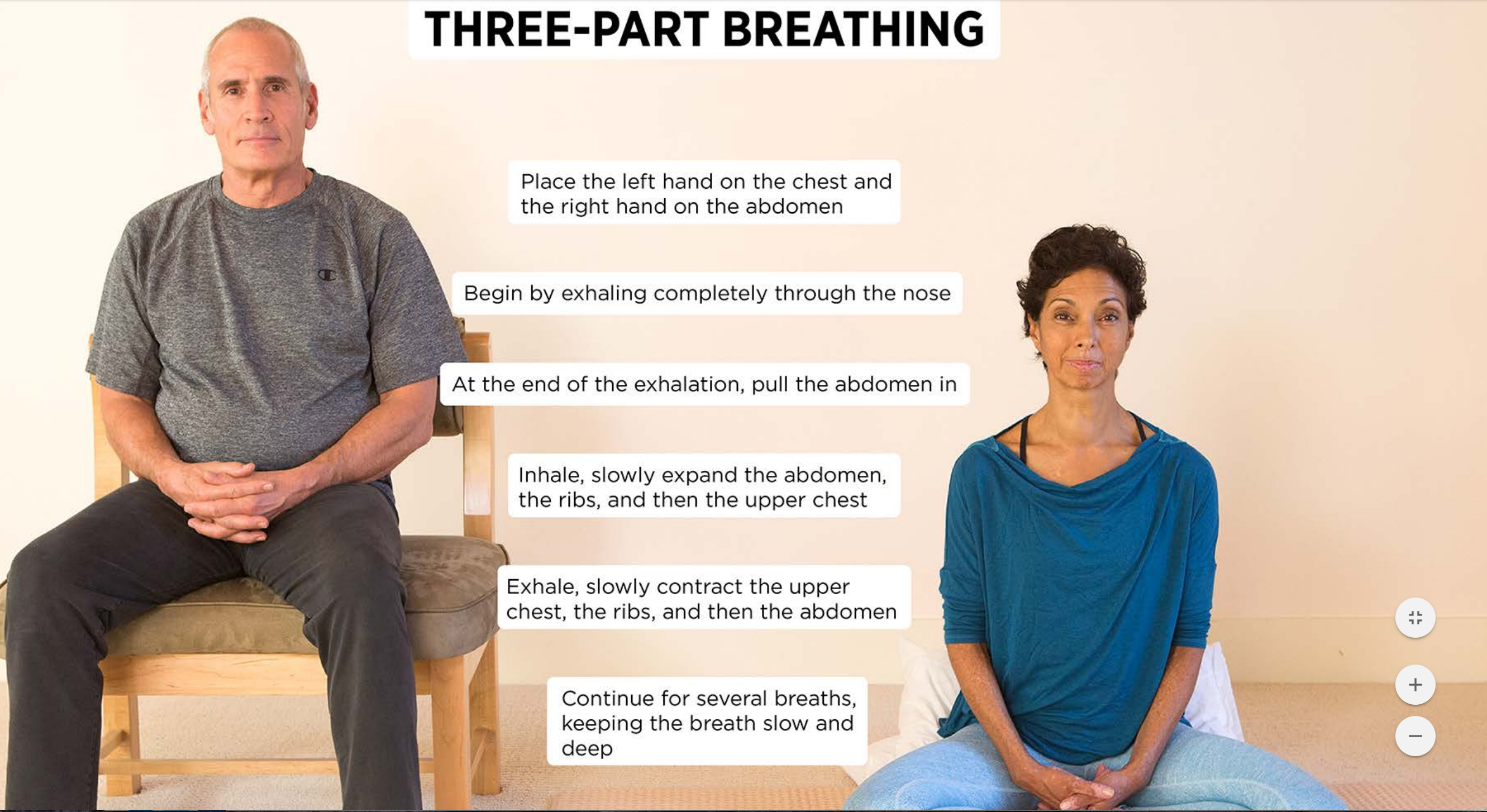
Yoga to Change Your Habits
Photo Credit: Marion Michele, via Usplash.com
Have you ever found yourself driving mindlessly home and when you arrive home you can’t recall how you got there? You were so wrapped up in your thoughts that one part of the mind acted out of habit to get you home safely without your awareness of what path you took. Our habits are pretty strong that way.
When we practice yoga and meditation, we are sharpening our ability to change our minds
When the mind is left to itself, it will follow a habit like a groove that it keeps returning to. This can be really wonderful if the habit is a helpful one, but what happens when the habit is something that is not helpful – and maybe even hurtful? It’s our habits that can both support and limit us. A good habit can ensure our health and well-being while a bad habit can turn us away from the things that help us thrive and grow.
Training the Mind and Body
Yoga training can help us create new habits. Yoga is much more than just fitness. The practices of yoga help to train the mind. There has been a lot of research to show how yoga can reduce stress, lower blood pressure, and it can even change the brain and the grey matter in the brain. Yoga also teaches concentration and adaptability, which can help us to turn away from what isn’t healthy and turn toward what is nourishing and helpful. With the help of yoga, we can create new habits and form new grooves in the mind. Changing the mind is similar to a making a path in the woods. The new path takes a while to take shape by repeatedly walking over the same area until the clearing emerges. It requires a reshaping and retraining of our habitual pathways to make changes.
Changing the Repetitive Path
For a long time, I used to like to snack at night. When I realized that it was not helping me sleep, I made a conscious effort to change the habit. The minute I would sit down in the evenings, just the act of sitting on the couch would trigger my “I want a snack” response. If I wasn’t mindful, I would unconsciously walk into the kitchen and get something. The mind is tricky. If we let it lead us without consciously shifting, it will take us down the same path over and over.
I had to remember my intention to want to sleep better and then enlist a new pathway by replacing the old pattern with something new. So instead I would add lemon and honey to some hot water and do a short breathing practice. In time my craving for a snack disappeared and was replaced with lemon/honey water and some breathing, a much more supportive way to move into sleep at night.
Training the mind to be able to shift off what is not good for us and turn on what is good for us takes a lot of practice. When we practice yoga and meditation, we are sharpening our ability to change our minds. We are also improving neuroplasticity which makes us more adaptable to the changes in our lives.
Three Yoga Practice to Change Habits and Improve Your Neuroplasticity
1. Postures or Gentle Movements
Practicing yoga movements helps us to both become aware of our movement patterns and to shift habits when needed. When you work with your yoga postures, start to notice which side you start the movement on. If you always start a movement on the right, try to start a movement on the left. If you always use a certain order, once in a while mix up the order. This will help you create new neural pathways in the brain.
2. Breathing
Our breath rhythms can vary widely. Some of us use more of the lower lungs when we breathe and some use the upper range. Notice what your pattern is. See if you can practice the three-part breath to encourage the different areas of the lungs to expand and contract.
3. Meditation
In meditation, we bring the attention to rest on something like the breath or a beautiful flower, prayer or mantra. We hold our attention to that for as long as we can without struggling or trying too hard. When the mind wanders and we catch it wandering, we come back. Little by little we reshape our attention. As this ability to shift our awareness gets stronger, we are able to use this new superpower to our advantage. When there is something in our lives that isn’t helping us, we can turn our attention somewhere else and begin to create a new pathway for the mind. This can be particularly powerful when we are anxious or angry or struggling with other difficult emotions that have become habits.
Remember your habits shape your life.
What habits do you want to strengthen and what habits do you want to let go of?









